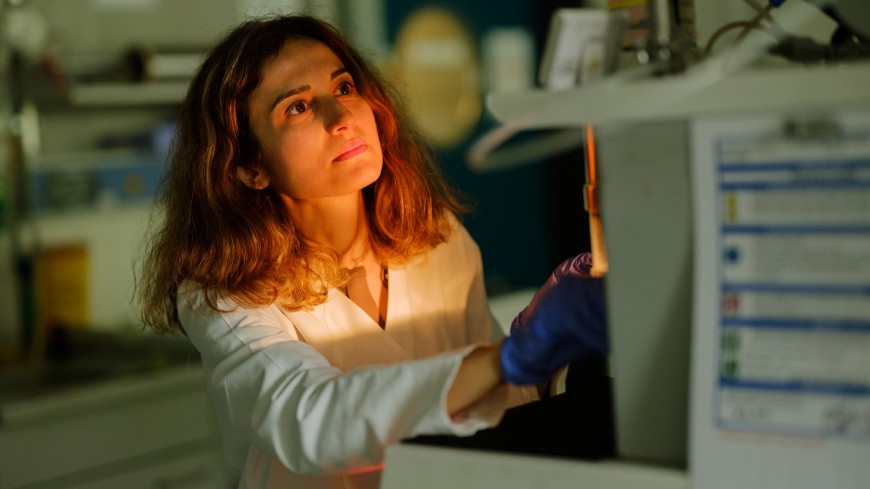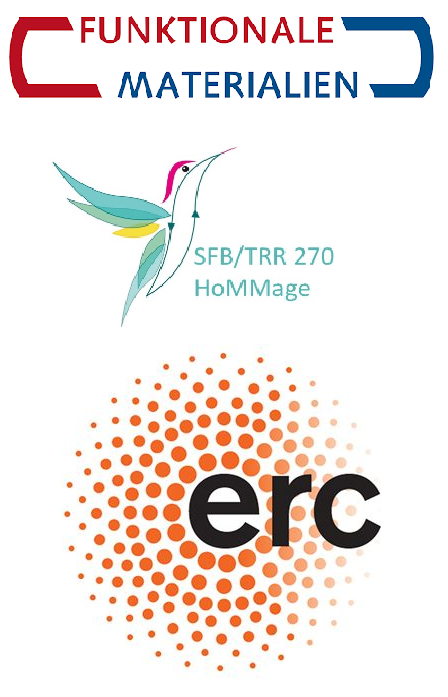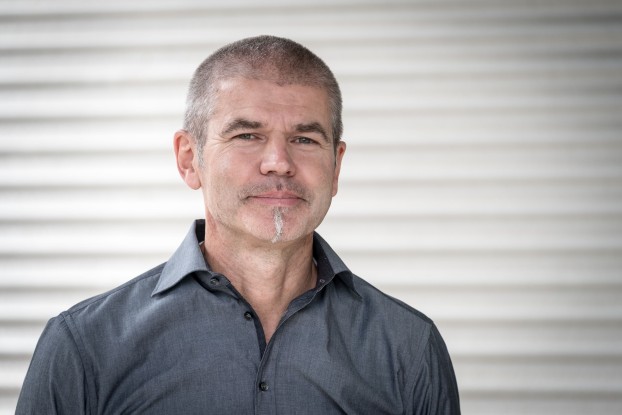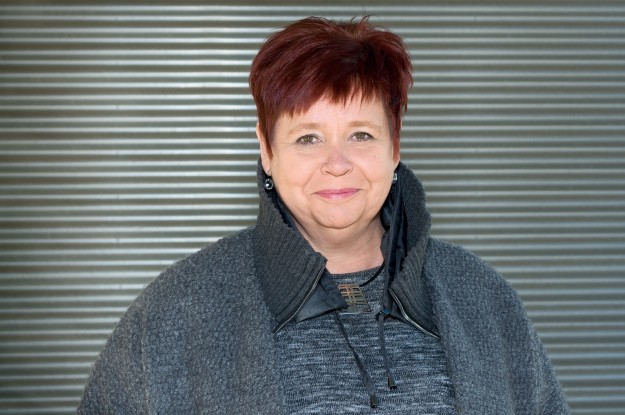A new magnet that conserves resources
Athene Young Investigator Pelin Tozman is carrying out research into alternative components for high-performance magnets
2023/07/06 by Astrid Ludwig / Ruben Bischler
Permanent magnets are one of the key elements of climate neutral technologies. They are important components of e.g. wind turbines or electric motors. However, rare earth elements are needed for their production and the degradation of these materials is becoming more and more problematic due to the growth in the green energy market. Dr. Pelin Tozman, a new Athene Young Investigator at TU Darmstadt, is conducting research into a new generation of permanent magnets that will have more affordable components, use fewer resources and which can also be made safer and more efficient thanks to the use of artificial intelligence.

The technology of the future must also be driven by green metals. “No new magnets have been invented in the last 35 years”, says Pelin Tozman, a postdoc researcher in material sciences at TU Darmstadt. Since they were invented in 1984, magnets based on Nd-Fe-B (neodymium, iron and boron) have been the material of choice for applications that demand high performance. According to the new Athene Young Investigator, research has primarily focussed up to now on improving the magnetic properties of these Nd-Fe-B components but she believes “that the limits have now been reached”. Furthermore, Nd-Fe-B batteries also contain dysprosium (Dy) and terbium (Tb) – so-called heavy rare earth elements that pose a particular risk in the supply chain – to maintain the performance of electric motors at higher operating temperatures.
“Around 100,000 tonnes of Nd-Fe-B magnets are already produced every year and this figure will increase rapidly in line with the expected growth in the green energy sector”, says Tozman. “Therefore, we need a new type of magnet that conserves resources and contains elements that are safe, affordable, available in sufficient quantities and sustainable”, emphasises the young scientist. And this is precisely the focus of her work. Pelin Tozman is carrying out research into alternative components. She has started studies on SmFe12-based magnets, i.e. consisting of iron and samarium, that also contain, for example, cobalt and titanium. The aim is to reduce the proportion of rare earth elements – in this case samarium – needed in the magnets.
Optimizing magnetic properties
The AYI researcher, who works under Prof. Oliver Gutfleisch in the Functional Materials Group, wants to optimise the magnetic properties of the components and develop novel alloys for this purpose, while also changing the microstructure of the ingredients. Tozman aims to use artificial intelligence in the form of machine learning to design the optimal microstructure of a potential new magnet by predicting its phase diagram. She also plans to develop a sort of library in which the magnetic and crystallographic properties of all materials can be analysed and documented. According to the scientist at TU Darmstadt, this combination of innovative material processing and machine learning is what makes her research project unique.
Pelin Tozman has only been working at TU Darmstadt since February 2023. She completed her PhD at Trinity College in Dublin and worked for several years in Japan as a postdoc at the “Research Center for Magnetic and Spintronic Materials” and the “International Center for Young Scientists”. She was also an ICYS research fellow at the National Institute for Material Science near Tokyo. Tozman believes that Darmstadt has a very good reputation in the field of magnet research. She already applied to become an Athene Young Investigator while she was in Japan when she spotted the funding offered to young researchers by TU Darmstadt on the Internet.
Pelin Tozman is currently establishing her AYI research group at TU Darmstadt, making new contacts with other disciplines at the university and investigating possible collaborations with other universities. “This is a very challenging field of research that involves a lengthy process comprising many individual steps”, she says. The researcher hopes to achieve some success over the next five years and design a permanent magnet that fulfils the requirements of the green energy sector and which is itself also sustainable.
The Athene Young Investigator Programme
The Athene Young Investigator (AYI) Programme at TU Darmstadt supports exceptional researchers on their career path for a period of five years. The aim is to promote the scientific independence of early career researchers and give them the opportunity to qualify for the post of university professor by leading an independent junior research group. The heads of these junior research groups are given certain professorial rights and their own budget.
In 2023, the TU Darmstadt has awarded another four excellent young researchers as “Athene Young Investigators”. In the coming weeks, we will introduce the four researchers on the TU Darmstadt website.



